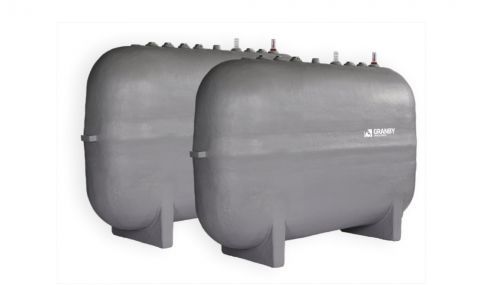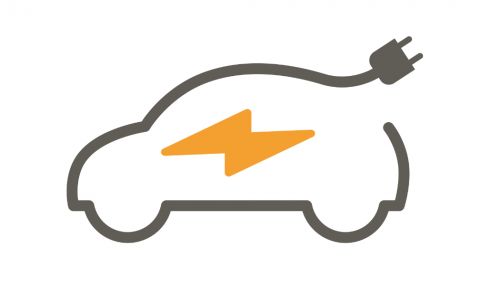All
FMCSA Looks to Revise Training Requirements
by Richard Pummell, Foley Carrier Services

In 2016, the Federal Motor Carrier Safety Administration (FMCSA) published its Entry Level Driver Training proposal, which, if passed, will change the current training curriculum that entry-level drivers must complete.
What is an Entry Level Driver?
The current definition of an Entry Level Driver is an individual who has already obtained a CDL but has held it for less than 12 months. The proposed definition will be an individual who does not yet hold a CDL but is applying for one for the first time; or someone who currently holds a CDL but is upgrading to a Class A or B.
Current required training: If an individual attends a driving school prior to taking a CDL skills test, the current Entry Level Driver Training—consisting of driver qualifications, hours-of-service, driver wellness and whistleblower protection—is most likely included. However, if somebody does not attend a driving school, the training must be completed within 12 months of obtaining a CDL.
The proposed curriculum: Due to the fact that Entry Level Driver Training would occur before an individual obtains a CDL, the proposed training is much more structured and detailed. There would be two segments of training in the Class A and Class B CDL core curriculum: Theory and Behind the Wheel.
1. Theory
This segment may be taught in a classroom or online, and there is no proposed length of time. Theoretical training components will include, but are not limited to: basic operation of vehicle and vehicle instruments, vehicle inspection, operating under specific road/traffic conditions, hours-of-service/fatigue and vehicle maintenance.
Upon completion of theory training, the trainee must get a satisfactory score on a written test.
2. Behind the Wheel (BTW)
Class A CDL trainees must complete a minimum of 30 hours BTW training with at least 10 of those hours on a driving range and 10 on public road; Class B trainees, a minimum of 15 hours BTW with at least seven of those hours on a driving range and seven on public road.
Exemptions: All current CDL holders will be grandfathered in and will not be affected by the new training proposal. Likewise, just as military drivers, farmers, and firefighters are currently exempt from CDL regulation, they will not be affected either.
Training requirements after CDL revocation or suspension: Individuals who are reinstating a CDL after revocation or suspension will not have to retake the entire training curriculum but will be required to complete “refresher” training.
Requirements for training providers: Training providers must be either an experienced driver or theory instructor. They cannot have had any type of CDL disqualifications during the two years prior to becoming an instructor; and they will have to register with the FMCSA’s Training Provider Registry (TPR).
Training Certifications: After a trainee has successfully completed the training, the training provider/instructor is required to upload the trainee’s certificate to the TPR, which will include the following information: Driver Name/CDL or Permit number/State; Vehicle class/endorsement; trainer/instructor TPR number; date of training completion.
Please contact Foley Carrier Services at (800) 253-5506, and check out our website at www.foleyservices.com for any updates to the proposal.
Related Posts
 U.S. Competing to Secure Critical Minerals
U.S. Competing to Secure Critical Minerals
Posted on June 16, 2025
 The Clean Air Act, the EPA, and State Regulations
The Clean Air Act, the EPA, and State Regulations
Posted on May 14, 2025
 Day Tanks Support Back-up Generators in Extreme Conditions
Day Tanks Support Back-up Generators in Extreme Conditions
Posted on March 10, 2025
 Major Breakthrough in Lithium-Ion Batteries
Major Breakthrough in Lithium-Ion Batteries
Posted on February 12, 2025
Enter your email to receive important news and article updates.
